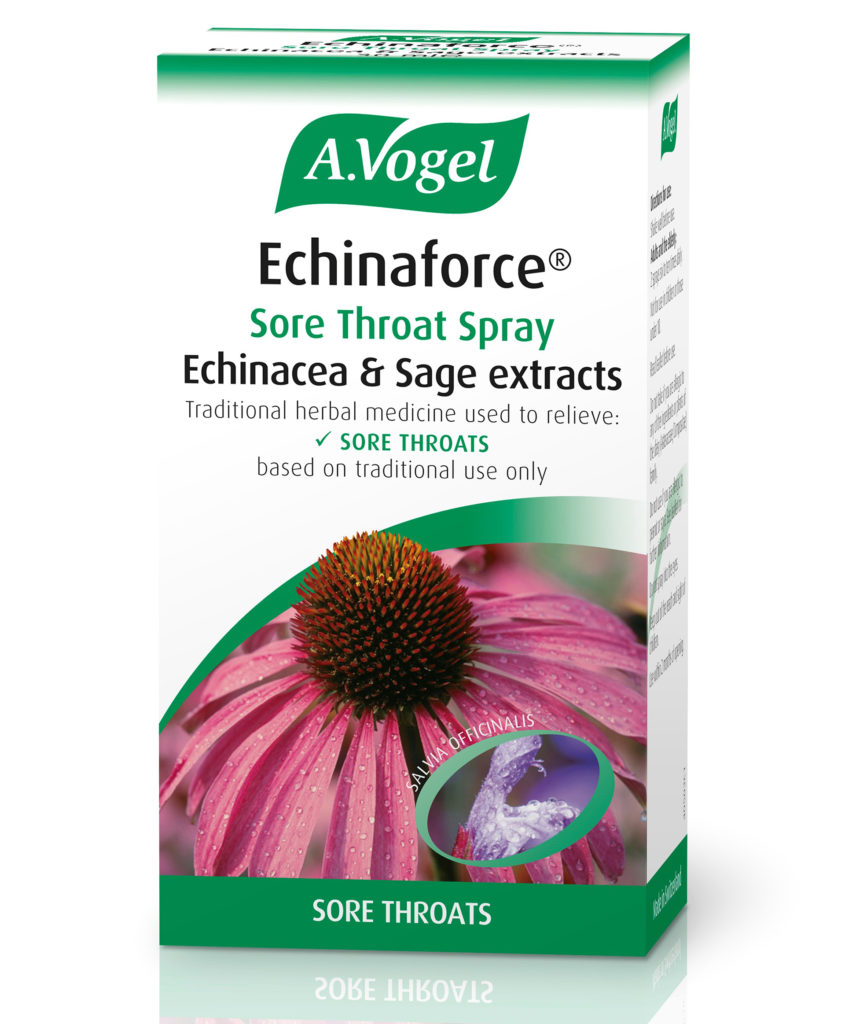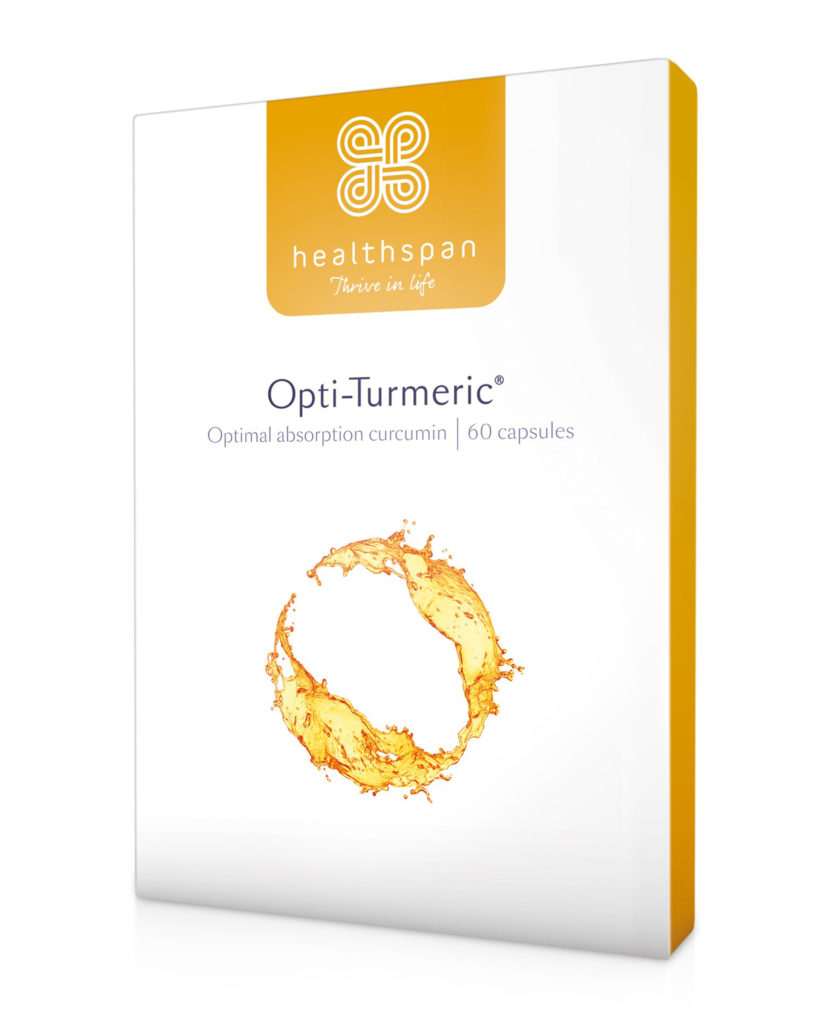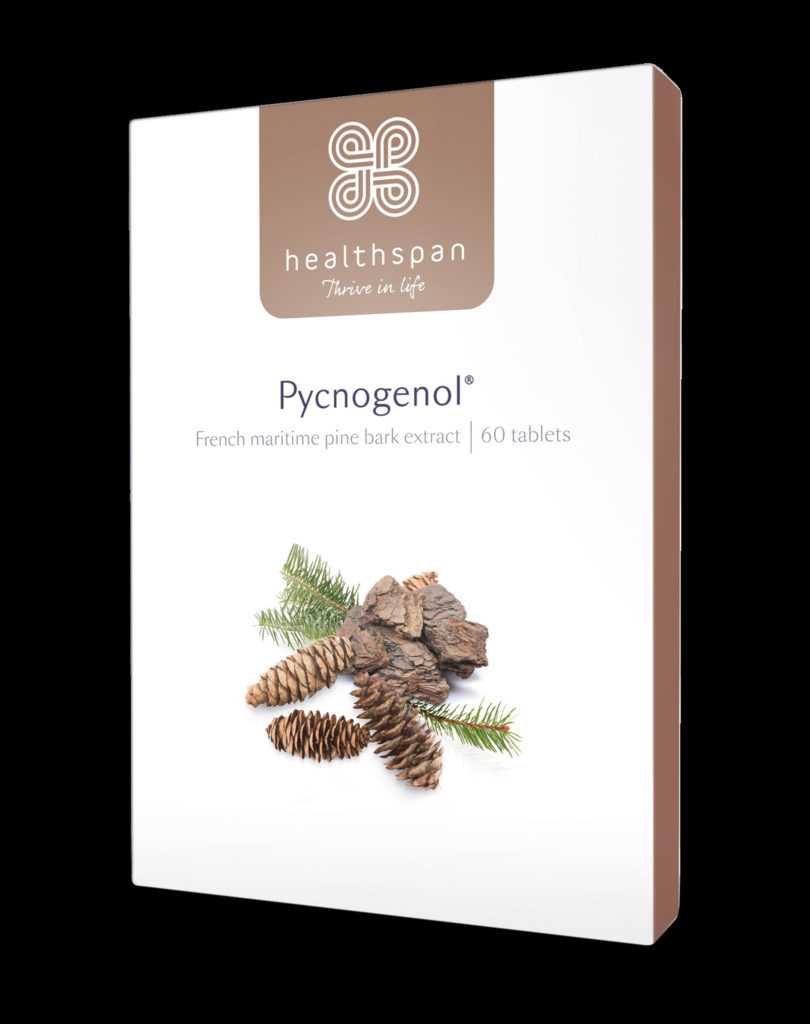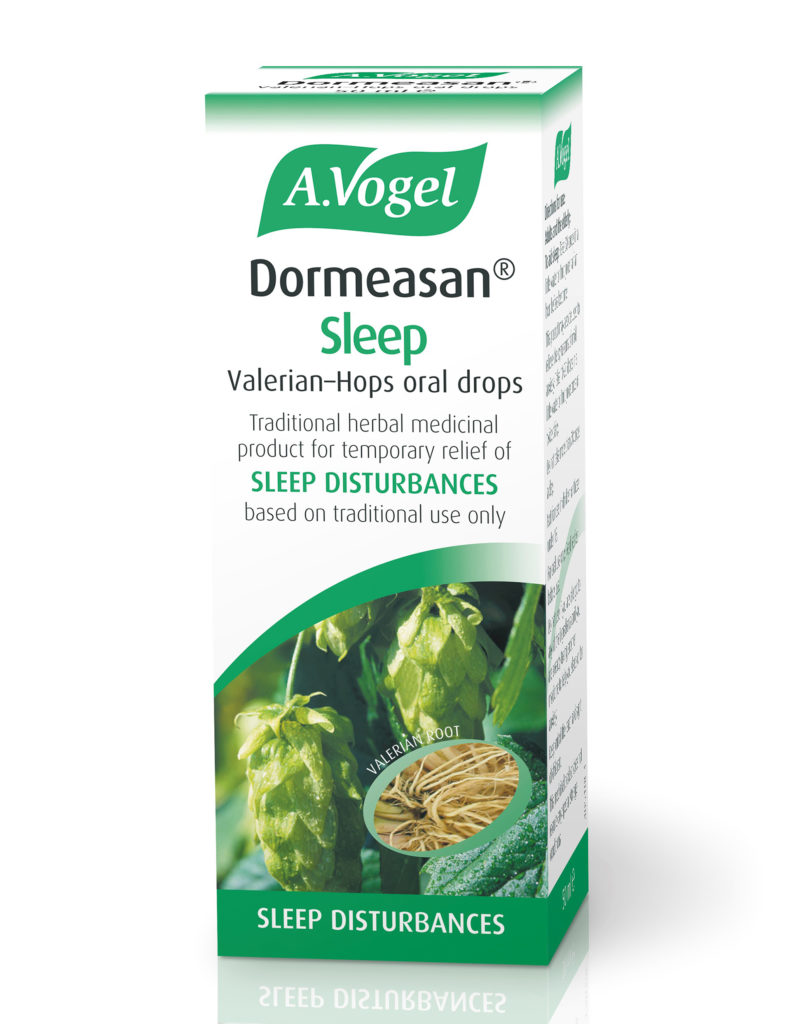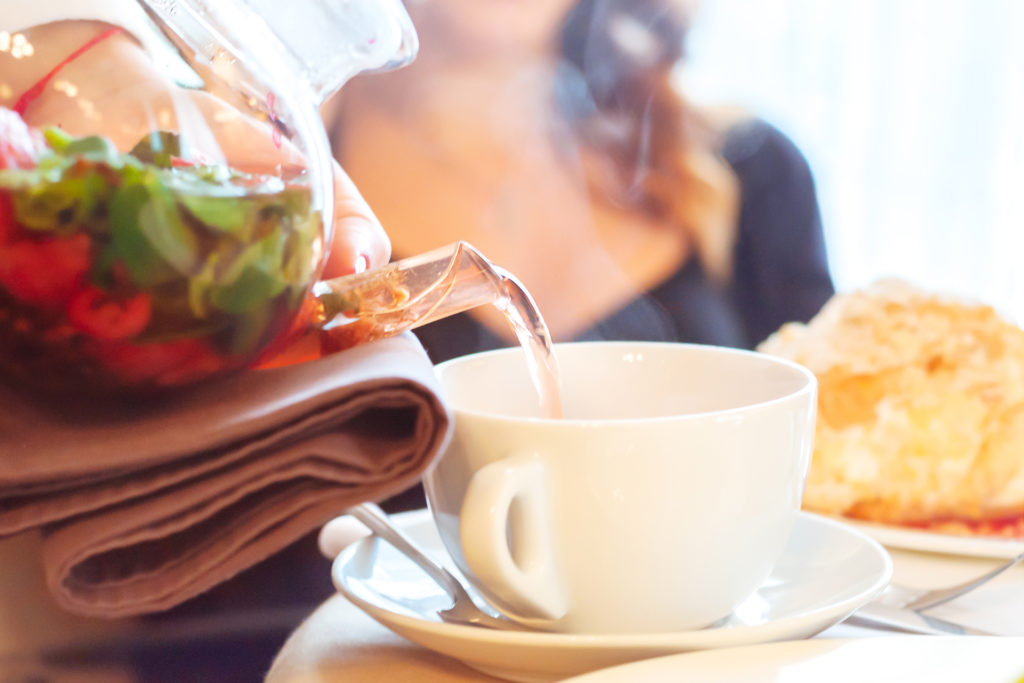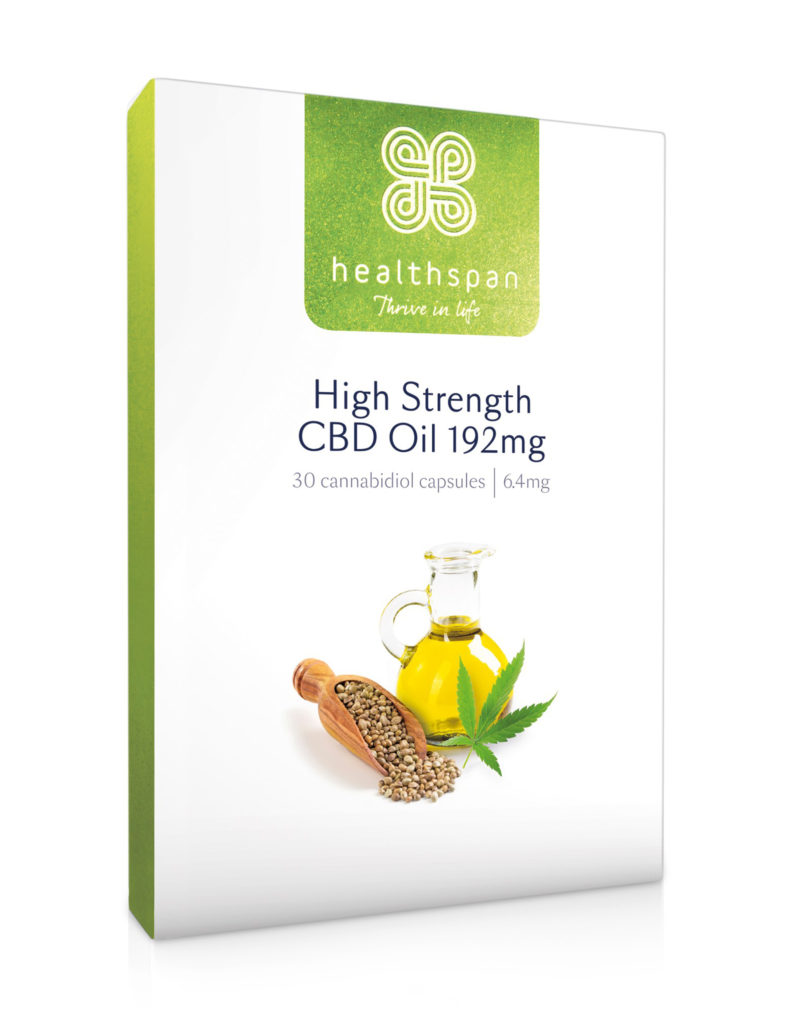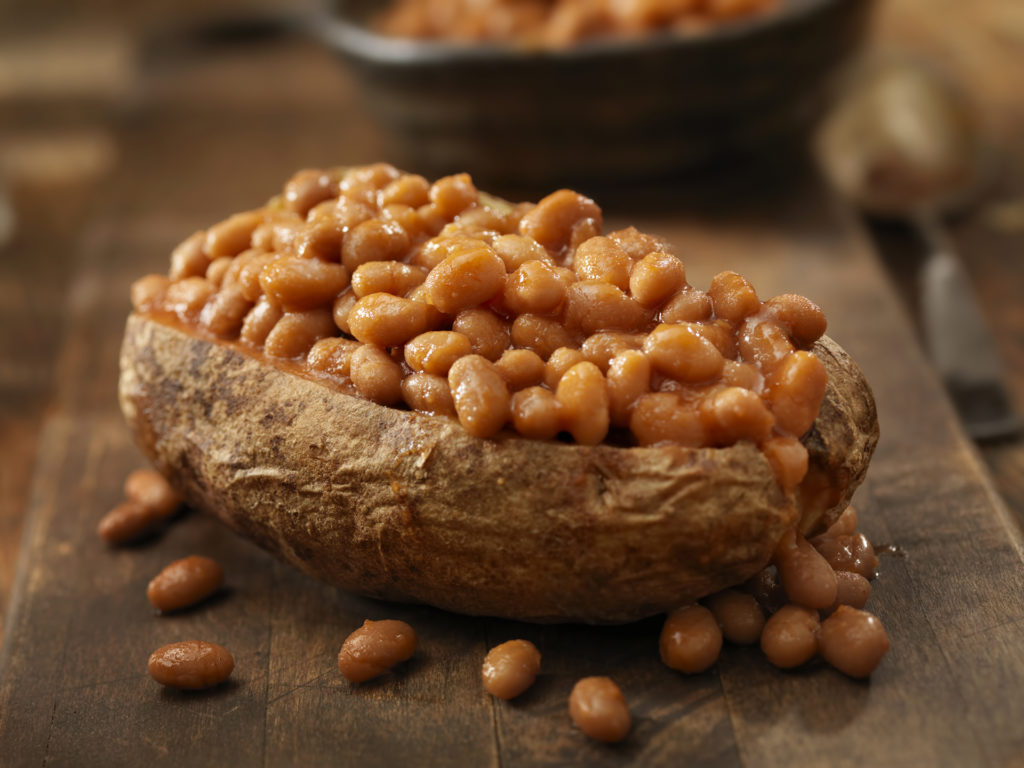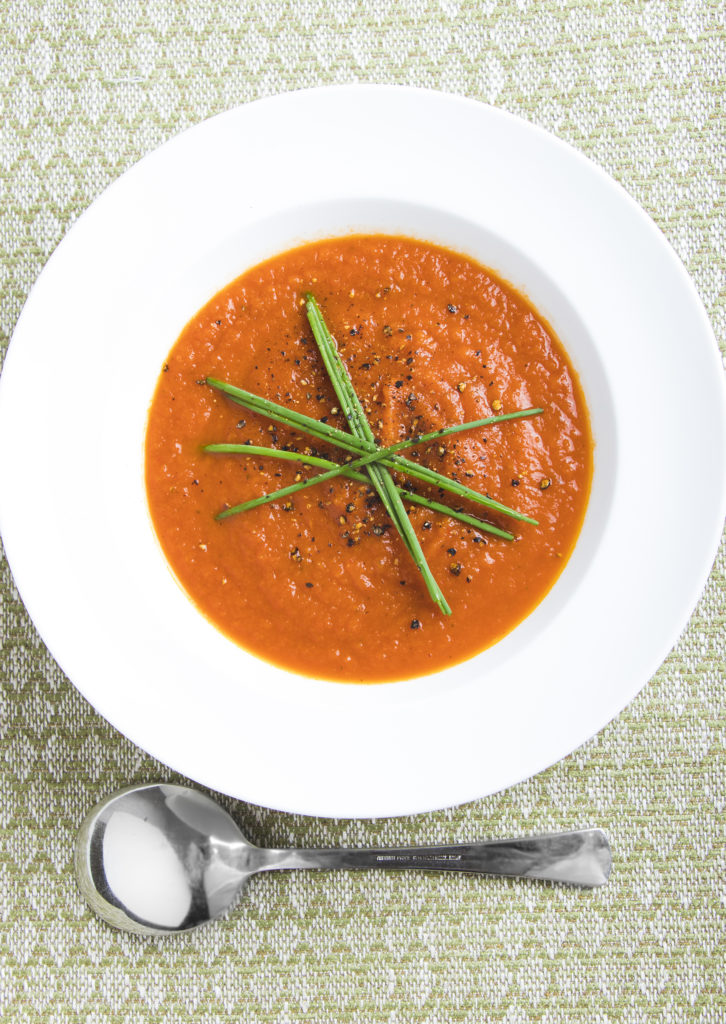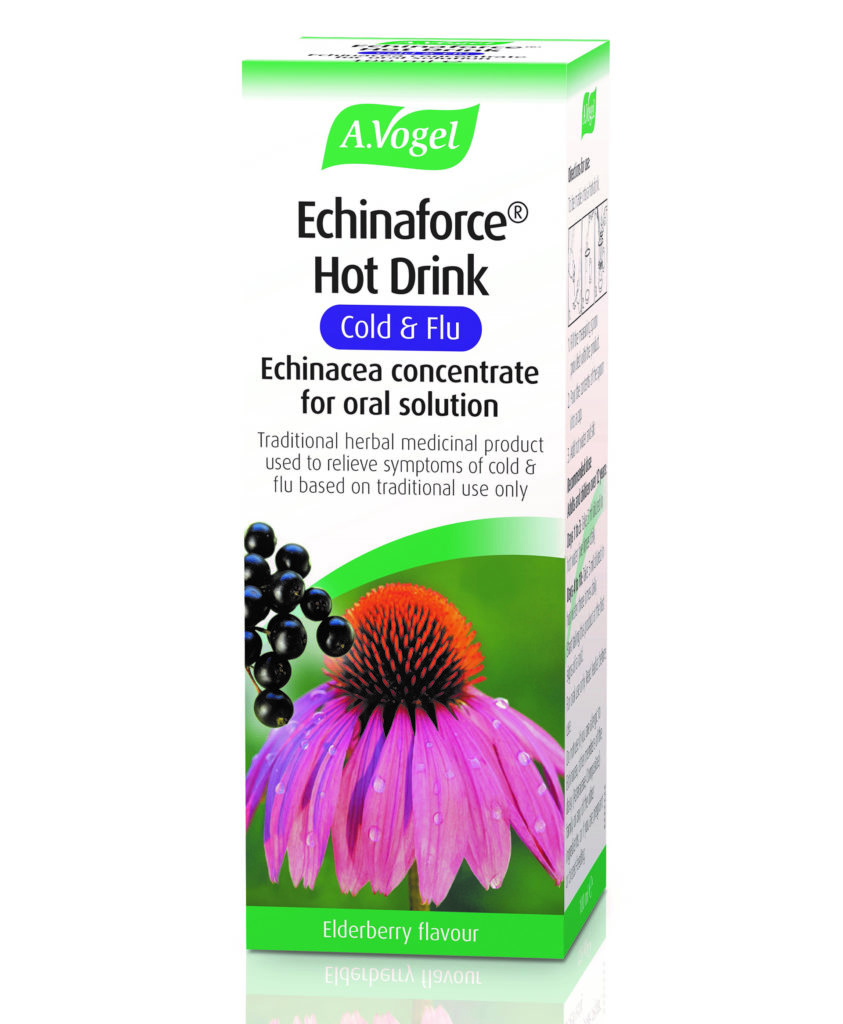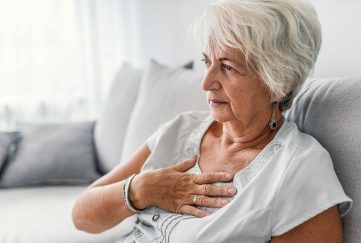Coping With Winter Ailments
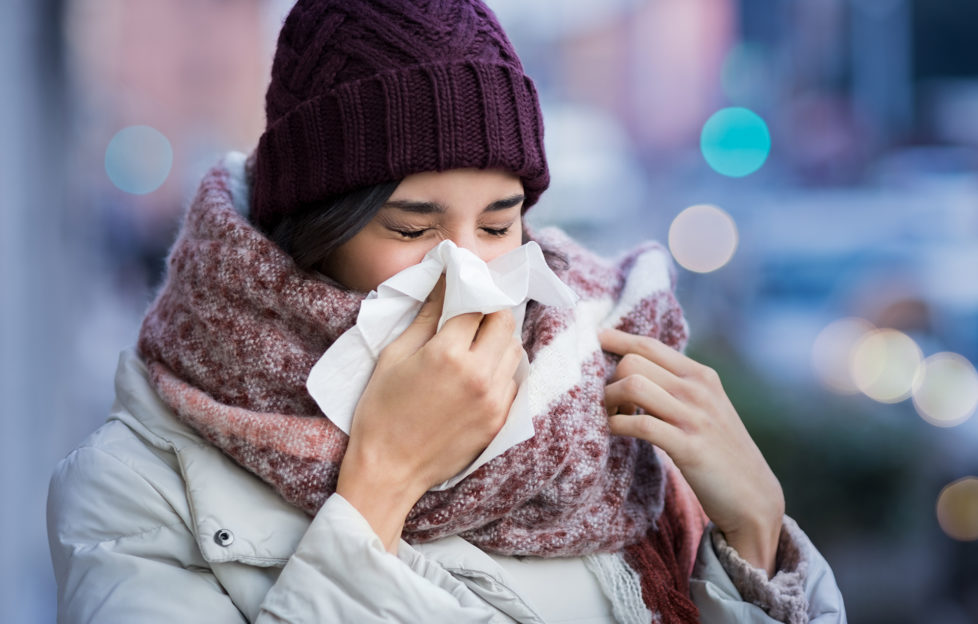
Improve your chances of staying well and feeling good this winter with advice from a few of our favourite health and wellbeing experts.
Sore Throat
Most sore throats are a symptom of a cold or flu virus so there’s no actual cure other than time. However, it’s possible to relieve the pain. “Hot water with lemon and honey or even a blackcurrant cordial made with hot water can bring relief, while also keeping you hydrated,” says medical nutritionist and GP Dr Sarah Brewer.
For instant relief, A.Vogel Echinaforce Sore Throat Spray (£10.99) delivers soothing echinacea and sage to a painful, irritated throat. Alternatively, Ultra Chloraseptic throat spray (£5.21) contains benzocaine, a fast-acting local anaesthetic.
Painful Joints
“Winter can be a tricky time for joints, which tend to ache more with cold, damp weather,” says Valentina Roffi, physiotherapist and SprintPhysio, who advises keeping joints moving with a regular fitness routine. “Joints appreciate a combination of flexibility and cardiovascular workouts combined with a good strength regime.”
Turmeric has been used to treat inflammation in Ayurvedic medicine for thousands of years and the spice has now been clinically proven to help relieve painful, swollen joints. Healthspan Opti-Turmeric™ capsules (£8.95) are up to seven times faster-acting than standard powdered turmeric and also contain vitamin C.
“However,” cautions Dr Sarah Brewer Healthspan Medical Director, “although turmeric has good evidence of safety, there are theoretical interactions with some medicines. As with all supplements, check with your doctor or pharmacist if you’re taking any medications, especially blood-thinning drugs.”
Numb fingers and toes
“Cold weather can worsen poor circulation by causing blood vessels in the fingers and toes to go into spasm,” explains Dr Sarah Brewer.
“This can lead to chilblains, painful splits in the skin and Raynaud’s syndrome, a relatively common condition causing white, numb fingers and toes. With Raynaud’s, when the blood flow returns, the digits go blue and then bright red, accompanied by pain, tingling and burning.”
Wrapping up cosy, wearing thermal gloves and socks, using hand and feet warmers and keeping active should help keep blood flowing to your fingers and toes. If not, your GP may be able to prescribe circulation-boosting medication or you could try a dietary supplement, such as pycnogenol, a powerful natural antioxidant found in pine tree bark. “Healthspan Pycnogenol® (£16.95) can improve poor circulation,” suggests Dr Brewer.
Tiredness & Fatigue
Rediscover your oomph by moving more. “Exercise releases feel-good hormones called endorphins which help improve energy levels,” says Alison Cullen, nutritional therapist and A. Vogel’s education manager. “Try taking a brisk 10-minute walk at lunchtime or doing a few stretching exercises throughout the day.”
If you’re tired all the time because you’re finding it difficult to sleep, A. Vogel Dormeasan® (£10.50) is a traditional herbal remedy which helps to reset disturbed sleeping habits. And if you’re waking up feeling as tired as you did the night before, your choice of nightcap may be to blame.
“Ditch the booze – alcohol disrupts sleep quality in many ways,” say Rob Hobson, registered nutritionist and author of ‘The Art of Sleeping’. “Also, tea, coffee and energy drinks contain caffeine, which makes you more alert. Try limiting caffeine to the morning, switching to decaffeinated options such as herbal teas for the rest of the day.”
Winter Blues
The lack of sunlight in winter is thought to be responsible for those lacklustre feelings that affect so many of us at this time of year. Dr Sarah Brewer Healthspan Medical Director says, “Low mood during winter can be related to Seasonal Affective Disorder, which seems to be a natural hibernation response. Several studies suggest that eating more fish, or taking omega-3 fish oils, can have a beneficial effect on low mood.
‘CBD has a calming effect to relieve anxiety, promote feelings of well-being and lift mood. It enhances the effects of natural brain chemicals, such as serotonin, and helps to reduce restlessness and fatigue but be careful to check any medication before taking. Try Healthspan High Strength CBD Oil capsules, 30, £15.95)
“Instead of being miserable, embrace the season and make the most of all it has to offer,” says Miriam Akhtar, psychologist and author of ‘The Little Book Of Happiness’.
“Get cosy in front of a log fire, light candles, relish winter foods like hearty soups and baked potatoes. Delight in cold, crisp, sunny days and use the long nights to reflect on the year and plan for the next. And stay socially active – the happiest people have good relationships and active social lives.”
And when you feel your spirits sinking – have a chunk of chocolate! “Eating dark chocolate was recently found to support better mood,” reveals nutritional therapist Alison Cullen. However, if you need more than a chocolate fix to blast away those winter blues, A. Vogel Hyperiforce® (£11.99) contains extract of fresh St John’s Wort, a traditional herbal remedy which research recently confirmed can help boost mood in post-menopausal women.
Dr Meg Arroll a chartered psychologist with Healthspan says, “If you notice that your mood changes with the seasons, you may be experiencing SAD. If your symptoms have an obvious pattern, occurring but then disappearing at about the same time every year, it is worth discussing this with your GP. Although make sure your feelings of low mood are not related to obvious periodic difficulties such as seasonal employment or family tensions at Christmas.”
Colds & Flu
The best way to cope with colds and flu is to avoid catching them in the first place!
“To support your immune system, take A. Vogel Echinaforce® echinacea drops (£4.50) or tablets (£4.99),” advises nutritional therapist Alison Cullen. “Also, as body heat is part of our natural protection against viruses, keep cosy and eat warming soups, stews and curries.”
You should also top up vitamin D levels with a dietary supplement such as Healthspan Super Strength Vitamin D3 (£3.95). “It’s estimated that over three million fewer of us in the UK would catch less colds and flu if we took vitamin D In the sun-starved months between October and March,” reveals Dr Sarah Brewer.
Of course, no matter what you do, it’s impossible to guarantee you won’t catch a cold or flu virus. “If you’re suffering from a cold or the flu, stay at home and rest, drink lots of still water and get plenty of immune-supporting, healing vitamin C from fresh fruit,” stresses Alison Cullen. “And sip A.Vogel Echinaforce® Hot Drink (£10.99), which is very comforting and also helps fight cold and flu symptoms.”


